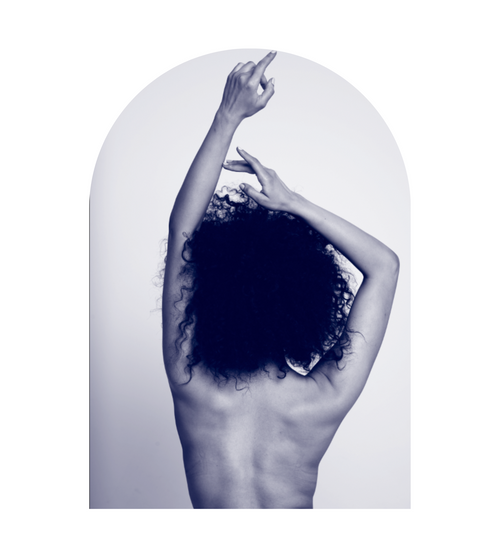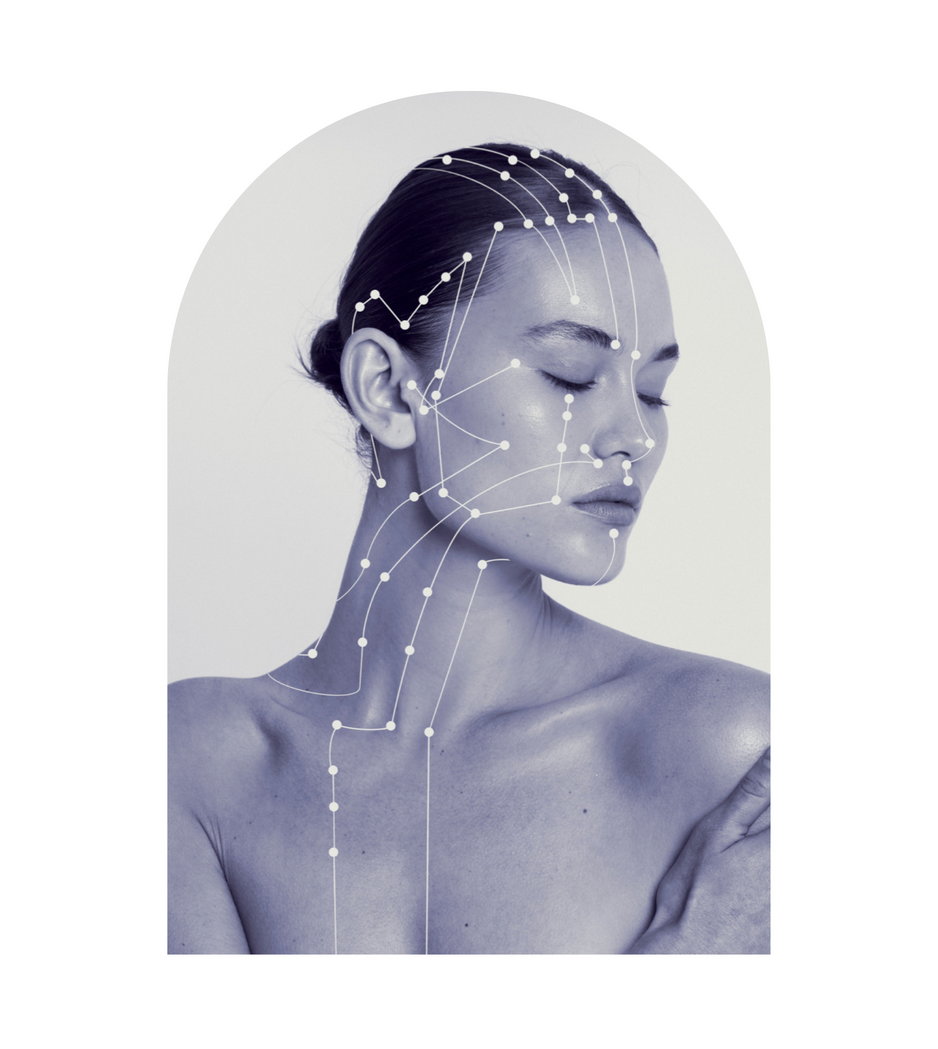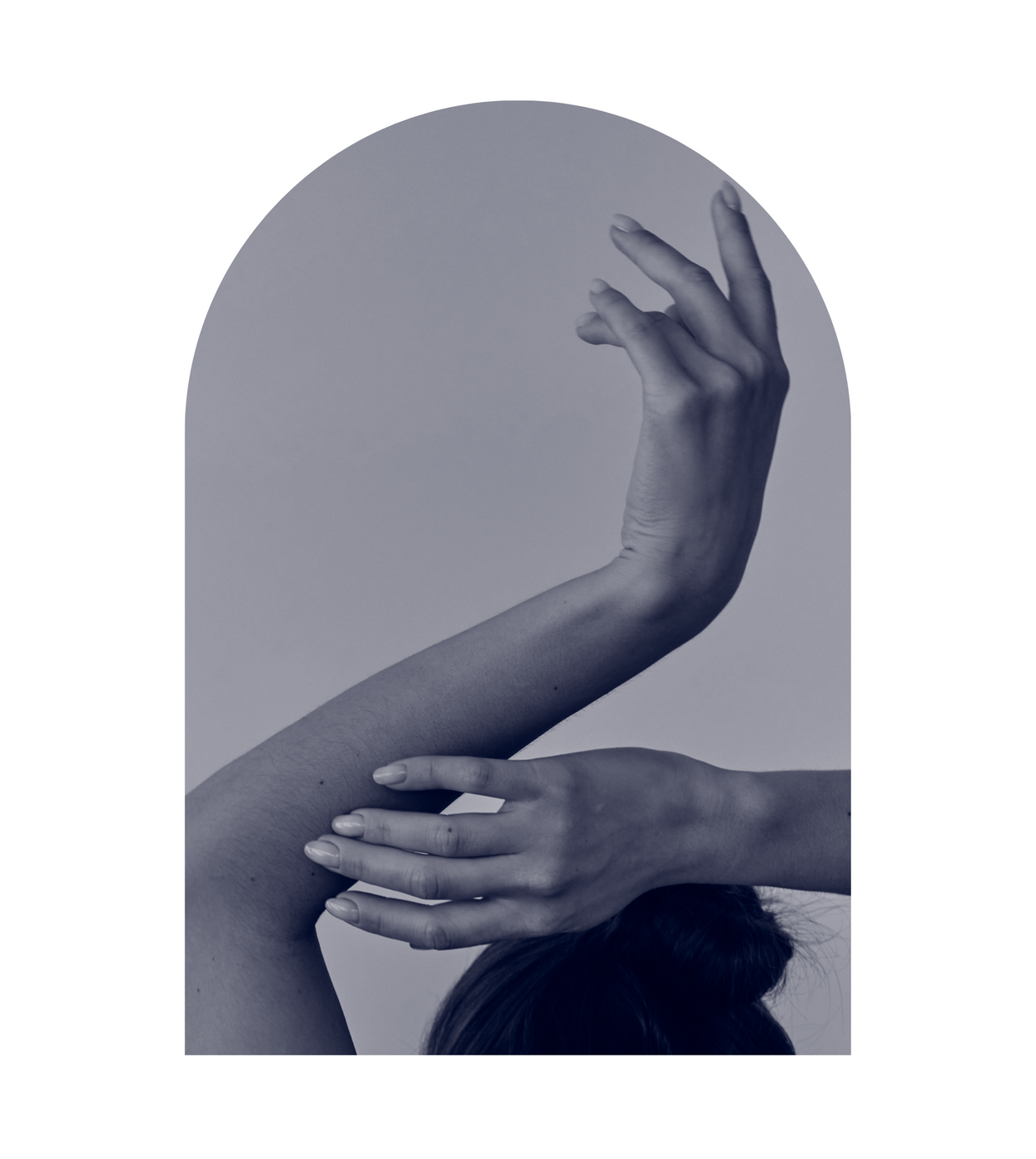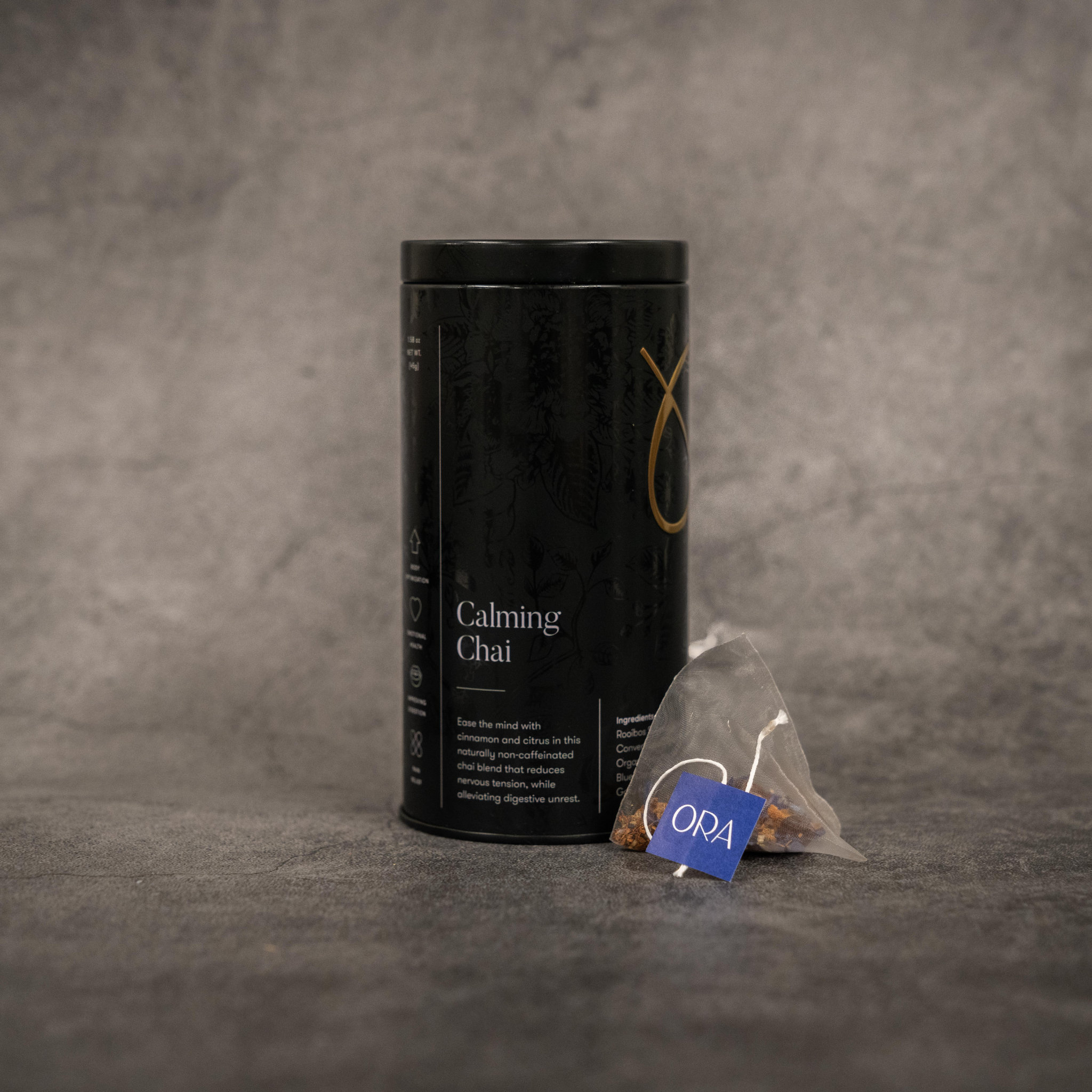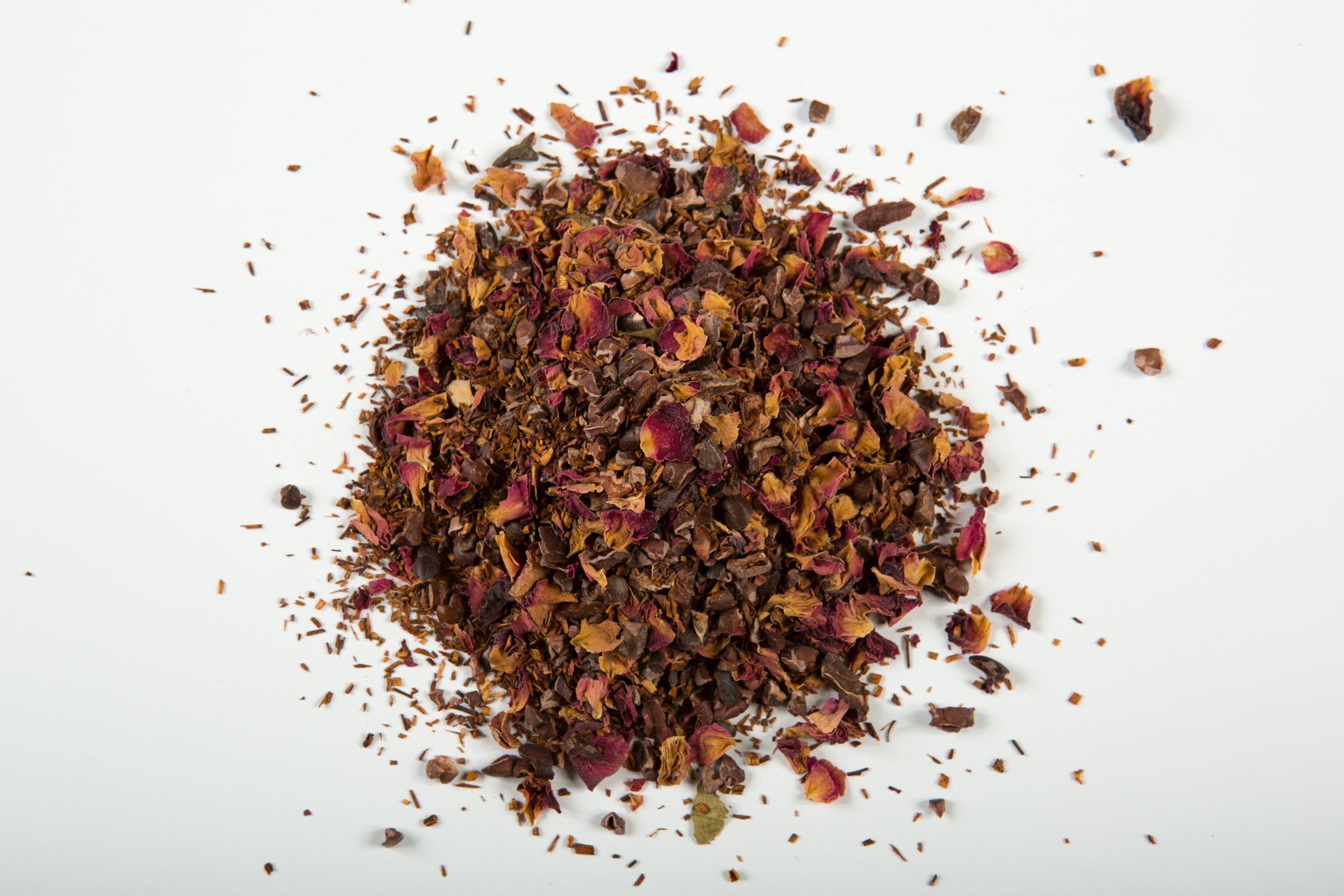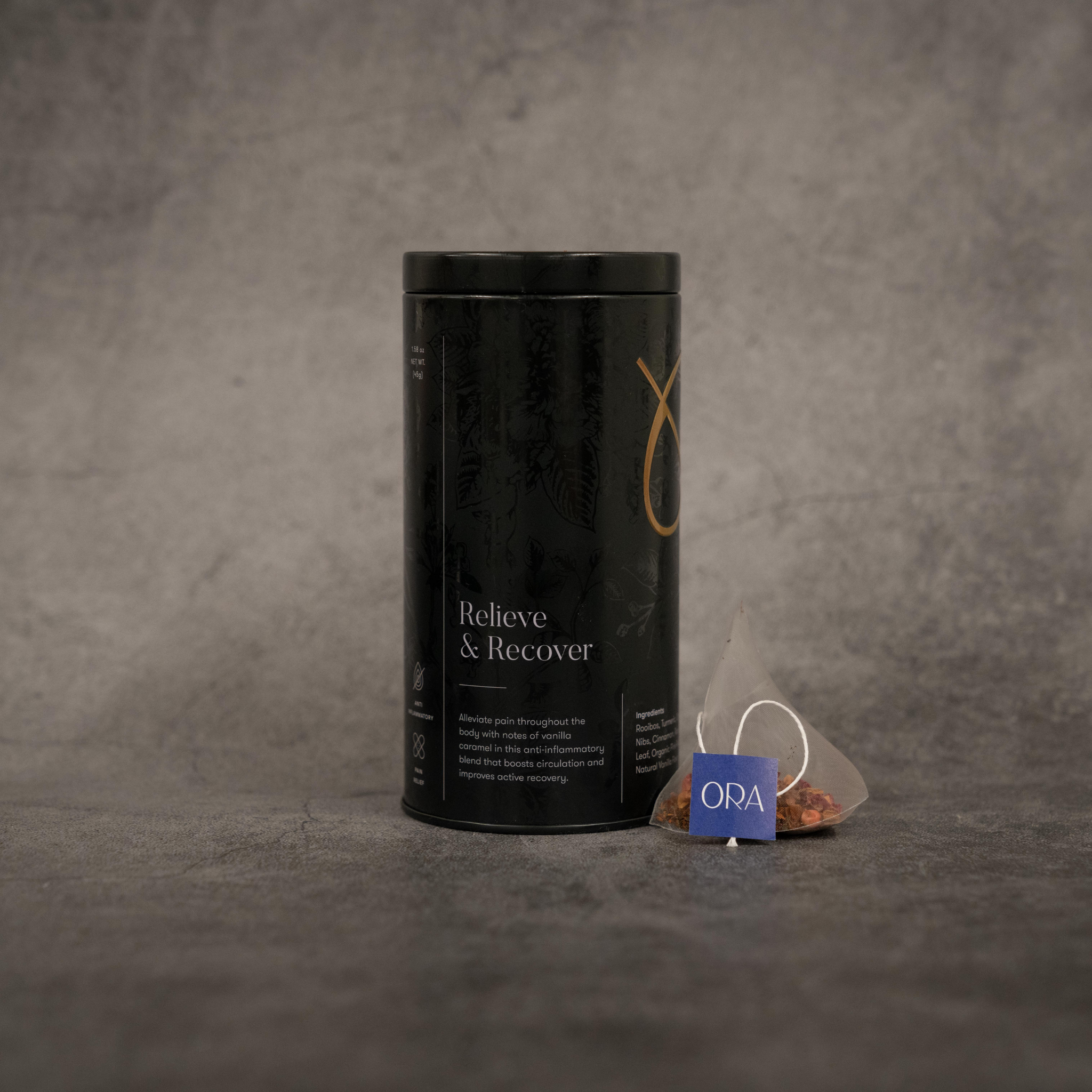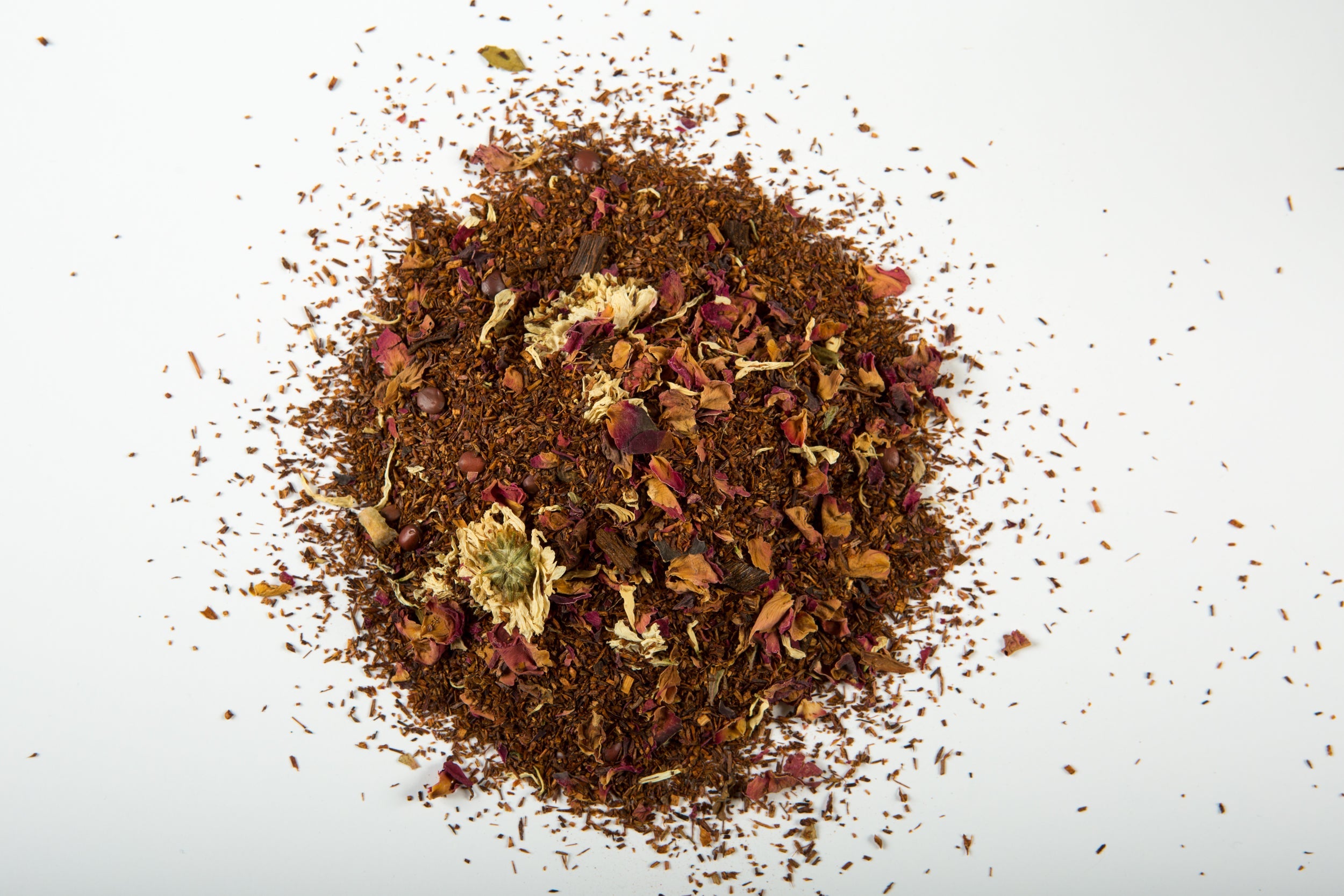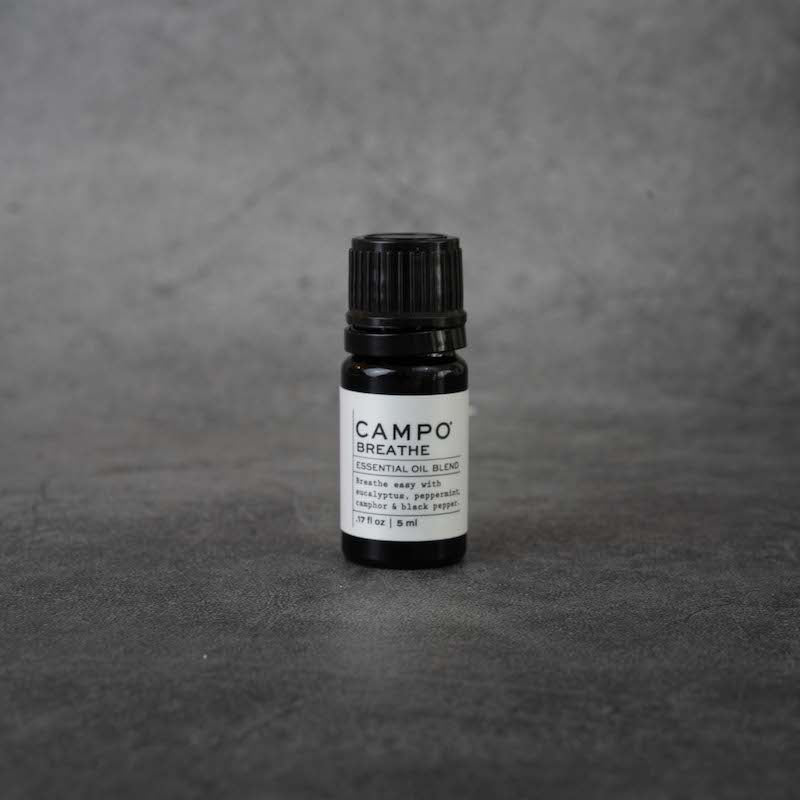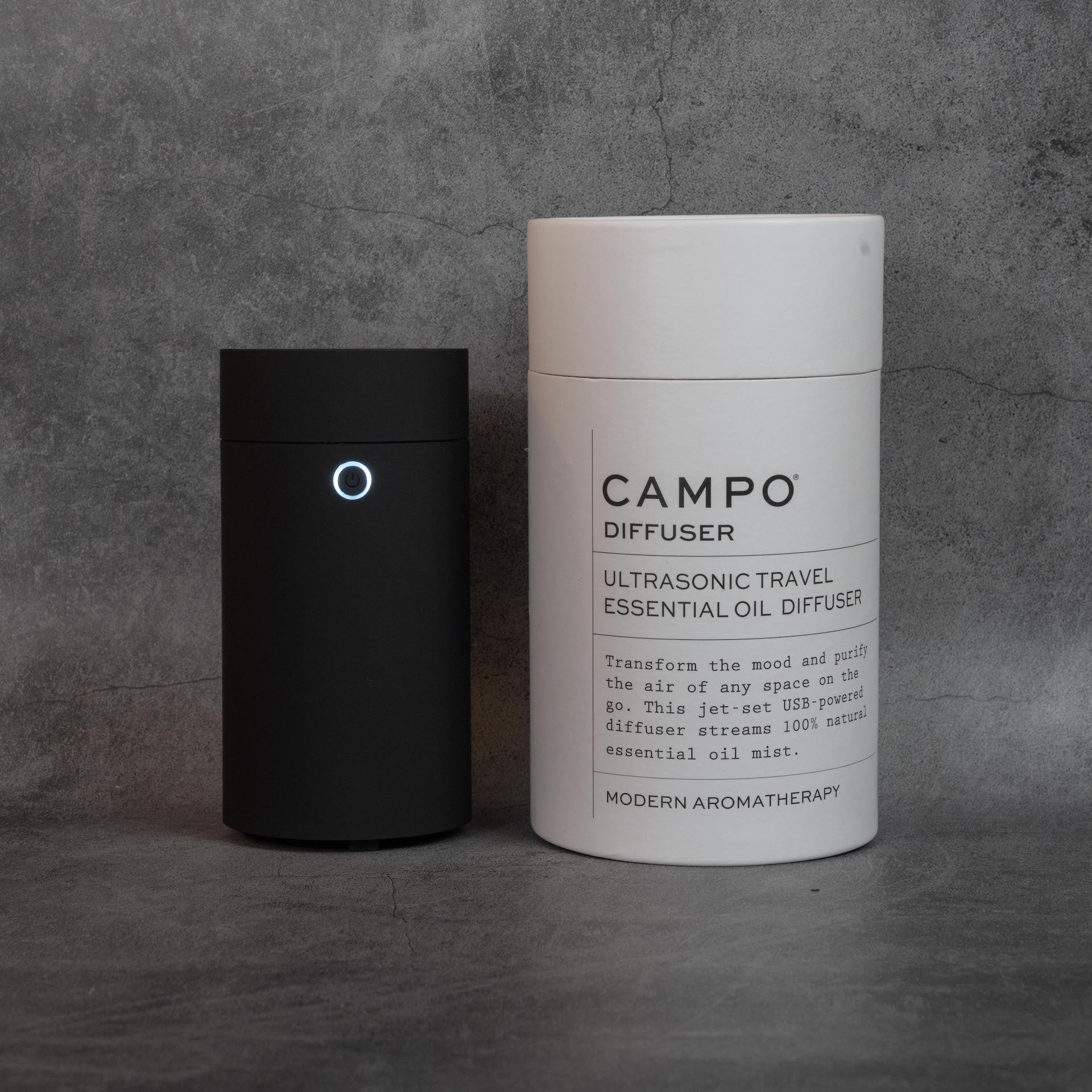According to Traditional Chinese Medicine (TCM) theory, all of nature, including ourselves, are governed by the Five Elements. These elements naturally exist within us and there is a season associated with each one. Each seasonal change affects our health and this transition from fall to the winter season is a pivotal one. When we stay in tune with each new season, we live harmoniously with nature and our body stays in balance.
Season: Winter Yin
The winter represents the most yin dominant aspect of all the seasons. During this dark, cool, gentle, passive, and reflective time, there is an inward energy evident in nature. There is less qi or vital life force in the environment. We have less light, the leaves fall, and animals retreat into hibernation. From a TCM perspective, the relationship between us and nature are inseparable and just like nature, it's time to rest and hibernate to conserve our energy. During our modern and busy lives, it’s especially important to have a balance of activity and restoration.
Element: Water
The winter is governed by the element of water. About 71% of the earth’s surface is covered with water and much of the human body is made up of water too. When we are born, 78% of our body is made of water and as we age and get older, that percentage starts to decline. By the time we reach adulthood this percentage drops to 60% for men and 55% for women. According to H.H. Mitchell, Journal of Biological Chemistry 158, the organs in our bodies also have different water constitutions: the brain and heart are composed of 73% water, the lungs are about 83% water, the skin is 64% water, muscles and kidneys are 79%, and the bones are 31%. Staying hydrated is not only vital in supporting our bodies to function properly, but it is also the foundation of a strong immune system.
(Source: https://www.usgs.gov/special-topics/water-science-school/science/water-you-water-and-human-body)
Organ: Kidney
Jing and Qi
Our kidneys play a vital role in our health and wellbeing. In Traditional Chinese Medicine, the organ associated with the water element is the kidney. Kidneys are the storage house of our primal essence, also known as Jing, which we receive from our parents and ancestors. Jing is the constitution of genetics, regulates long term cycles of growth, but it gets depleted over time as we age or when we get sick and does not get replenished. Jing is also depleted with being inactive or exercising too much, and lack of sleep.It’s vital that we keep our kidneys healthy so they function, keeping our Jing from leaking.
Then what's Qi?
Qi or chi, is the vital energy in TCM. It is the energy that flows through all of life and our entire bodies. Qi is believed to be essential in maintaining control of our bodily functions including our organs. Each of our organs has its own qi and function such as the kidney qi, but this should be thought of as a collection of organs or organ systems working together to produce and regulate this vital energy. Qi is depleted with excessive overwork, alcohol and drug use.
Kidney Qi
Our kidneys have their own pathways known as kidney qi meridians that run through the body. This starts from the soles of the feet and moves up the legs, through our tailbone and separates into the kidneys. The kidneys oversee the development and production of our bone marrow, bones, teeth, ears, brain, hair, adrenals and fluids of the body including tears, blood, urine and reproductive fluids.
Given the vast amount of functions our kidneys govern, there are a variety of symptoms a person with kidney qi deficiency may experience:
- Cold limbs, hands and feet
- Dark circles under the eyes
- Deafness or diminished hearing
- Dizziness
- Frequent night urination
- Hair loss
- Heavy periods or scanty periods
- Hormonal imbalances
- Joint pain
- Low energy
- Low libido
- Lower back pain
- Memory loss
- Osteoporosis and low bone density
- Premature ejaculation
- Seasonal depression
- Tinnitus
- Urinary problems
Tissue: Bone
Osteoporosis is a condition where bone mass decreases, becoming brittle and weak due to the body’s inability to keep up with creating new bone or bone tissue. This is the most common bone disease in the U.S. and it is estimated to impact an estimated 10 million people aged 50 years and older and about 43 million more people who have low bone mass, which puts them at risk of developing osteoporosis. Most of these people are women, but about 2 million are men (Report in 2010)
Your body's skeletal growth and development are related to the kidneys. As the kidney system is in charge of the bones, a kidney qi deficiency may lead to brittle bones and osteoporosis later in life. These organ systems not only promote the growth of bone marrow and the flow of kidney qi through the body, but also the development of the fluid around the joints. Studies have shown that TCM, specifically acupuncture, is an effective treatment in the prevention of osteoporosis and other bone conditions by addressing the root cause of the kidney qi deficiency related issues.
Boosting the Kidney Qi -
Whether you are looking for treatment or preventative measures, the good news is there are various ways to boost and tonify the Kidney Qi.
- Rest- The season of winter is here, where the days are shorter and darkness is longer. Wake up later and go to bed earlier in order to sleep longer and be in sync with the season.
- Conserve energy - The busyness of the holiday time may deplete our energy. This is the best time to keep your energy reserves full whenever possible as there is less qi in the environment to take from.
- Hydrate - Settle in with tea (or seep your favorite dark colored fruit in hot water!) to aid digestion, protect the organs, and warm up the body. Staying hydrated is essential to support kidney health.
- Stay Warm - Be sure to keep yourself warm and cozy. Wear layers! Protect the back of the neck and lower back which are entry points into your body’s meridian channels from cold wind.
- Eat warm, cooked foods. During the cold winter, your body needs to create more warmth. Comforting meals like slow cooked soups and stews with hearty ingredients will help nourish the body and support the immune system. Cooked foods are also easier to digest, saving you more energy.
- Eat foods dark in color - Choose foods that are in season and with deep, rich colors: Blackberries, blueberries, cranberries, prunes, plums, black grapes, purple rice, walnuts, eggplants, black rice, black lentils, mulberries, elderberries, black currants, figs, raisins, black sesame, seaweed, muscles, and black olives. Also, eat kidney shaped foods- kidney beans or black beans or other foods with a kidney shape.
- Add a pinch of salt- Salty flavor is associated with the winter season and the water element. According to TCM, adding salt helps to move fluids to strengthen kidney qi. Add natural salts like Himalayan or Celtic Sea Salt to meals, but be sure to consume salt in balance. (Speak with one of our acupuncturists if you are excessively craving salty foods. If you are craving salty flavors, your body might be trying to balance itself out.)
- Add Chinese Healing Herbs- It is important to keep our immune system strong. Adding herbs like Yu Ping Feng San and Yin Qiao San is a great way to boost your immune system. Be sure to speak with your doctor if you are on any medications before taking any herbs.
- Take a salt bath - Treat yourself to an Epsom salt bath that will not only relax tight muscles, but also relax your kidneys and relieve achy joints.
- Move those bones - Any exercises such as walking or jogging can stimulate your kidney qi as the first point on the kidney meridian is at the sole of the foot, so any activities that will put pressure on the bottom of your feet will boost this point.
- Massage your ears - In TCM, the ear is a microcosm of the entire body where every organ and system in the body has a corresponding point on the ear. By stimulating acupressure points of the ear, you promote wellness and balance.
- Breathwork - Any type of deep, intense breathing where when you breathe, you are moving your abdominal area, practicing diaphragmatic breathing, and moving the breath down the trunk of the body, will help strengthen the kidney qi.
- Meditation - The emotion of this season is calm when you are in balance and fear when you are out of balance. Finding the right meditative practice that works for you will help you direct yourself into a more calm and grounded state.
- Acupuncture - An individualized acupuncture treatment will boost your Kidney Qi where a licensed acupuncturist will insert hair-thin needles directly onto the acupressure points of the Kidney energy lines of the body.
Traditional chinese medicine is all about balance so the more we can live in harmony with the shifts in nature, the more we become in sync with ourselves this winter season. If we can adhere to a healthy routine made up of ample sleep, slow cooked foods, warm liquids that keeps our Kidney Qi and immunity strong, we are better prepared for the rest of the year.



